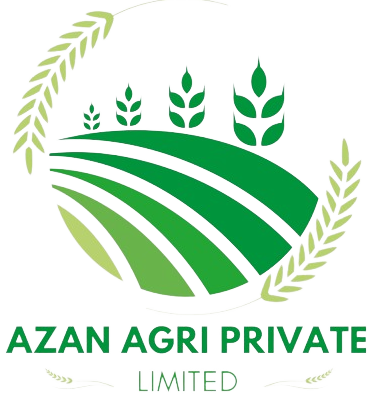
Fertilizers are food for plants
they provide nutrients for plants to grow and thrive
Nitrogen (N), phosphorus (P) and potassium (K) are the essential supplements in business composts.
Other plant supplements are sulfur (S), magnesium (Mg), calcium (Ca), zinc (Zn), iron (Fe), boron (B), manganese (Mn), copper (Cu), molybdenum (Mo), chlorine (Cl), nickel (Ni), iodine (I). Extra plant supplements are expected by a couple of plant animal types, e.g., sodium (Na) and cobalt (Co).
Mineral compost assumes a fundamental part in our food frameworks: it expands the volume of food that can be developed on a proper measure of land.
Around a portion of the food we eat today has been created thanks to mineral manure.
Organic and Mineral Fertilizers Are the Same to Plants .
Mineral and organic fertilizers contain nutrients in different forms. Ultimately, however, because plants can only take up nutrients in their mineral form, the original fertilizer source makes no difference from a plant nutrition standpoint. No matter what the source, all nutrients are used in exactly the same way by plants with the same effect.





Common Questions
Most Popular Questions
We produce a wide range of fertilizers, including nitrogen-based, phosphorus-based, and potassium-based products, as well as specialty blends tailored to specific crop and soil needs.
We recommend soil testing to determine nutrient deficiencies and crop requirements. Our experts can help you choose the most suitable product based on the results.
Yes, we offer fertilizers compliant with both conventional and organic farming standards, providing options for various farming methods.
We adhere to strict quality control measures, rigorous testing, and compliance with industry standards to ensure the safety and quality of our fertilizers.
Our team offers expert guidance on application methods, timing, and dosage to maximize effectiveness and minimize waste.
Yes, we offer environmentally friendly and sustainable fertilizer solutions designed to reduce environmental impact and enhance soil health.
The shelf life varies by product, but we provide clear instructions for proper storage and handling on our product labels.
Our products are generally compatible with common pesticides and herbicides, but we recommend consulting with our experts to ensure compatibility and application safety.
We employ responsible manufacturing practices, use resource-efficient methods, and develop products that reduce the environmental footprint of fertilizers.
Yes, we provide educational resources, expert advice, and training programs to help customers make informed decisions and optimize their fertilizer use for increased crop yields and sustainability.
